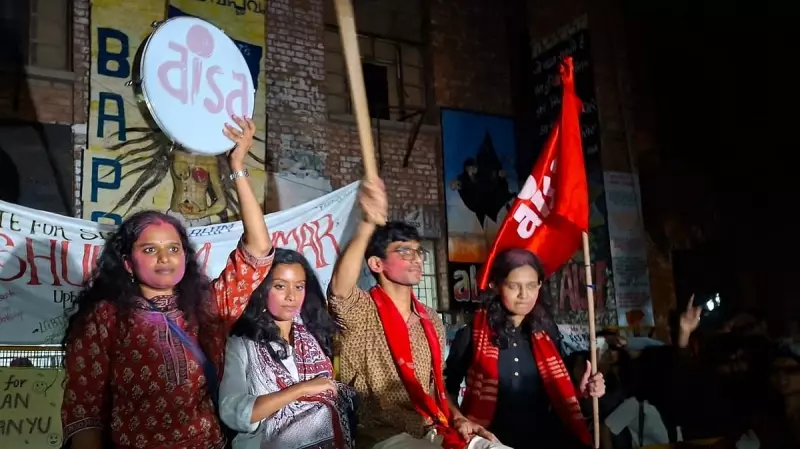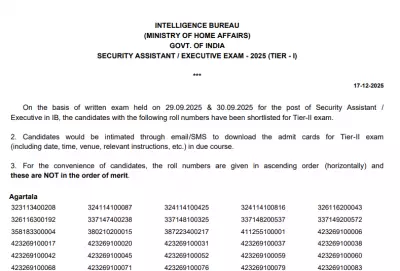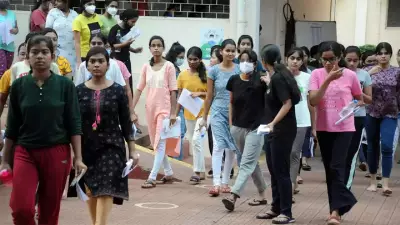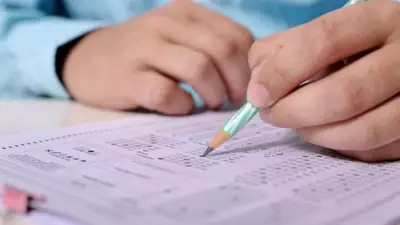
In a stunning political resurgence that has sent ripples across student politics in India, Left-aligned candidates have achieved a clean sweep in the prestigious Jawaharlal Nehru University Students' Union (JNUSU) elections for the 2024-25 academic session.
Complete Dominance at the Polls
The election results announced on Sunday revealed a comprehensive victory for the Left bloc, with their candidates capturing all four central panel positions in what many are calling a dramatic comeback for Left politics on the iconic campus.
The newly elected office bearers include:
- President: Dhananjay, representing the All India Students' Association (AISA)
- Vice-President: Avijit Ghosh, backed by the Students' Federation of India (SFI)
- General Secretary: Mohit Pandey from the All India Students' Federation (AISF)
- Joint Secretary: Prapti, also representing AISF
Record-Breaking Voter Participation
The elections witnessed an impressive 67.5% voter turnout, reflecting heightened political engagement among students despite the polling being conducted through a combination of online and physical ballot systems.
This significant participation underscores the continued relevance of student union politics at JNU, often considered a barometer of broader political trends in Indian academia.
Campaign Dynamics and Key Issues
The election campaign was marked by intense debates around several critical issues affecting students:
- Hostel fee revisions and accommodation challenges
- Academic autonomy and freedom of expression
- Campus infrastructure development
- Scholarship disbursement mechanisms
- Gender justice and campus safety measures
The Left coalition's victory suggests their messaging on these core student concerns resonated strongly with the electorate, overcoming challenges from ABVP and other student organizations.
Historical Context and Political Significance
This sweeping victory marks a significant shift in JNU's political landscape, where Left parties have traditionally held strong influence but faced increasing competition in recent years. The complete dominance across all four central positions represents their most decisive mandate in recent memory.
Political analysts are viewing these results as potentially indicative of changing student sentiments in premier educational institutions across the capital region.
The newly elected JNUSU team is expected to assume office immediately, facing the formidable task of addressing student grievances while navigating the complex dynamics of university administration and student welfare.





